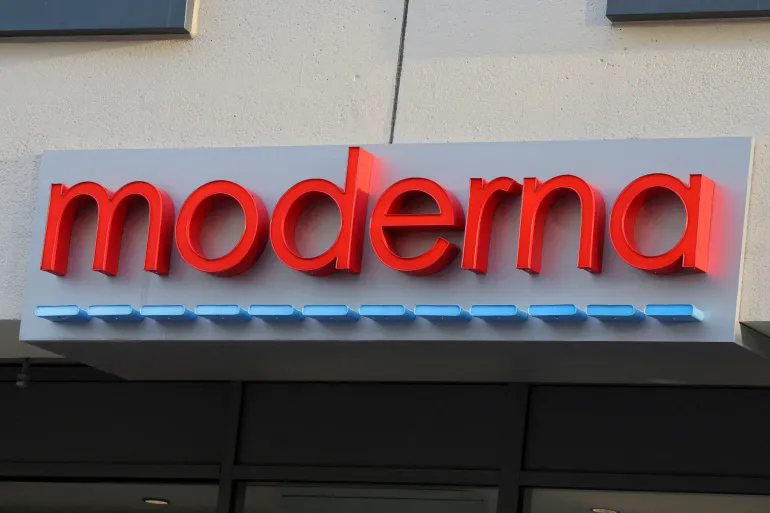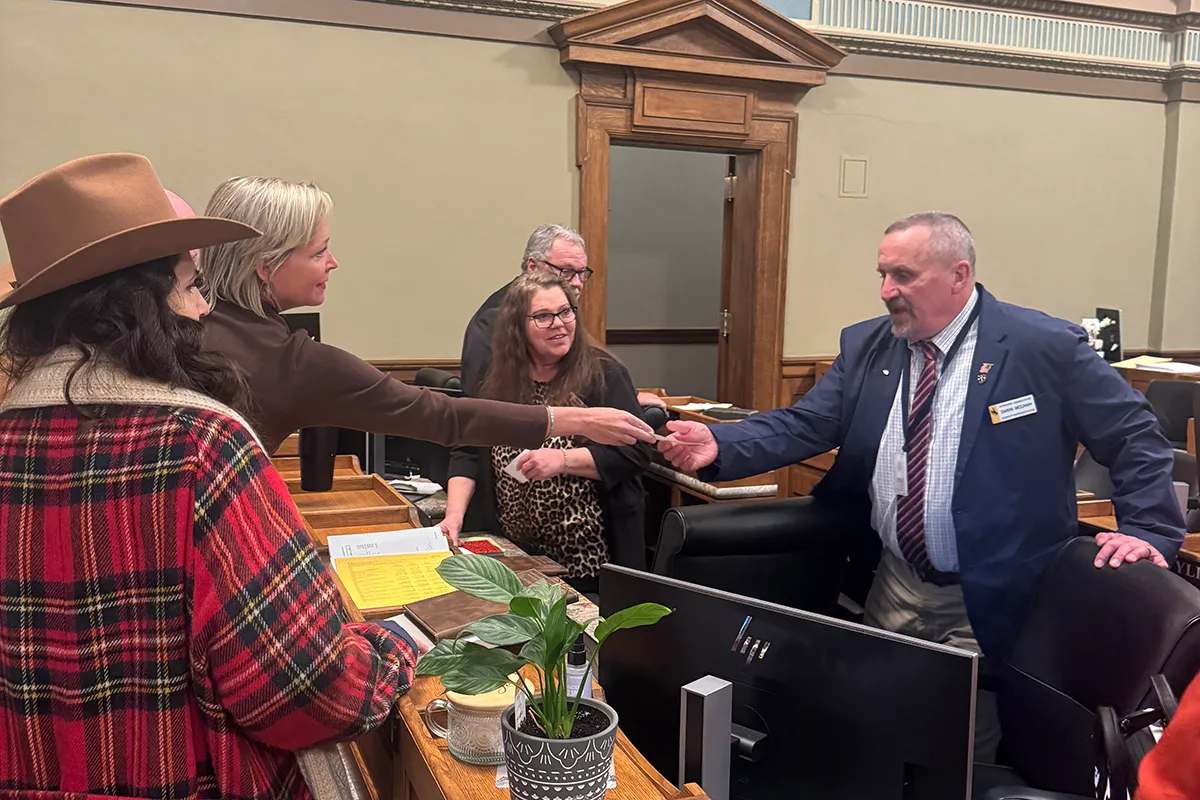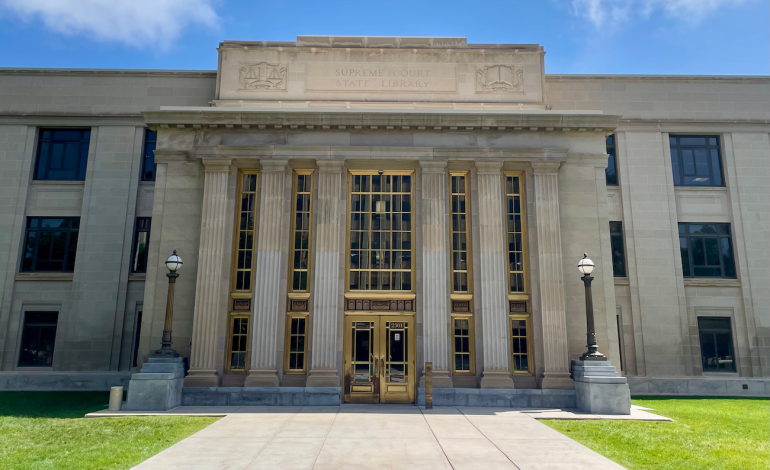A push to give Wyoming lawmakers more say over who lands on the state’s highest court just hit a speed bump — but the fight’s far from over.
On Tuesday, a Wyoming legislative committee narrowly shot down a plan that would’ve required state Senate approval before any new justice takes a seat on the Wyoming Supreme Court. The idea was pitched as a modest tweak to hold judges more accountable. Critics saw it as an open door to political meddling in the courts.
The vote split right down chamber lines: House members on the Joint Judiciary Committee backed moving the bill forward 6–3, but senators killed it 3–2. Without support from both sides, the proposal won’t get the committee’s stamp of approval for the 2026 session — though lawmakers can still bring it up on their own.
The backdrop? Rising conservative frustration with the courts, fueled in part by rulings against abortion restrictions and a school voucher plan. Leading the charge is the Wyoming Freedom Caucus, which has been hammering the judiciary since the spring, echoing former President Donald Trump’s attacks on judges who’ve ruled against him.
“A lack of public buy-in… has left Wyomingites feeling confused, upset, and blindsided,” the caucus claimed in blog posts, pointing to decisions they see as judicial overreach.
Attorneys weren’t buying it. During sometimes tense public testimony, lawyers from both sides of the courtroom aisle — plaintiff and defense — defended Wyoming’s current system as one of the best in the country.
“Our system isn’t broken,” said Alaina Stedillie, head of the Defense Lawyers Association. “Please don’t become the type of activist legislature that’s looking for solutions to problems that don’t exist.”
Polling backs them up: a University of Wyoming survey last fall found just 13% of residents disapproved of how state judges do their jobs, while over 40% approved.
Right now, Wyoming uses the so-called Missouri Plan: a commission of three lawyers, three non-lawyers, and the state’s chief justice sends the governor three nominees for any open high court seat. The governor picks one, typically after a 30-day window for public feedback. Conservatives have used that window to lobby against nominees they don’t like, but the Freedom Caucus wants more — even floating the idea of electing judges directly.
Some tweaks, like making all judicial applicants’ names public, are still on the table. But attorneys warn that could scare off top candidates who don’t want their career plans broadcast to clients and colleagues.
For now, the Senate vote means the big constitutional change is shelved. Still, with an abortion-ban ruling from the state Supreme Court looming, the tension between Wyoming’s lawmakers and its judiciary isn’t going anywhere.
The original story by for WyoFile.










The latest news in your social feeds
Subscribe to our social media platforms to stay tuned